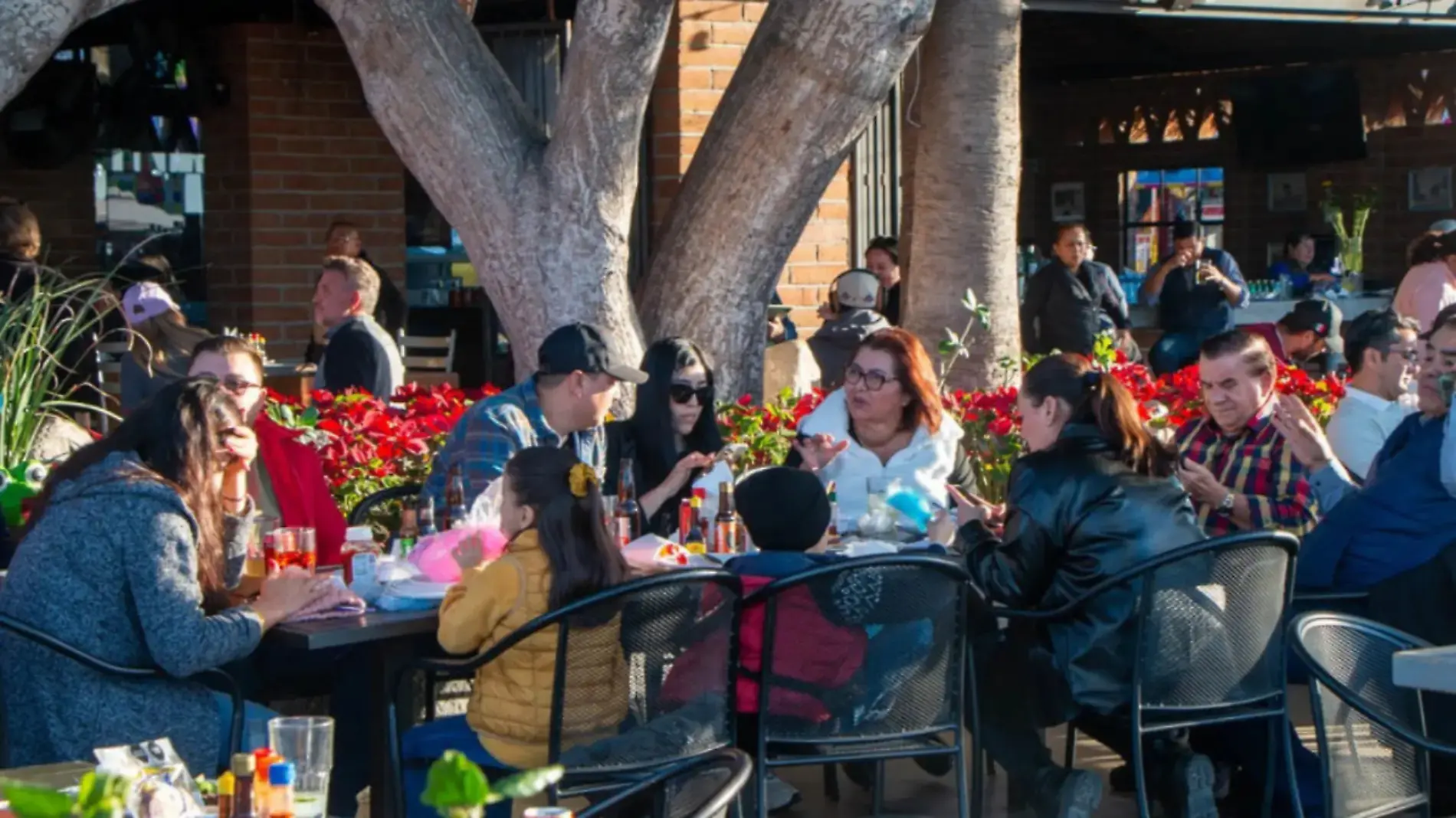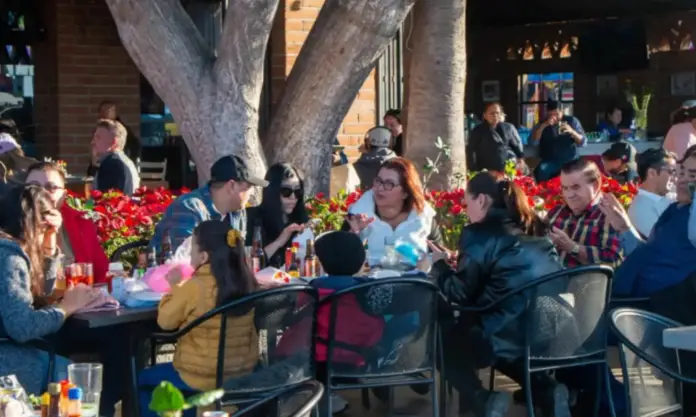
The Federal Consumer Protection Agency (Profeco) reminded citizens that tipping is a voluntary gratuity and not an obligation for consumers in restaurants and bars, tourist services, hotels, as established in article 10 of the Federal Consumer Protection Law.
In a recent official statement, Profeco stressed that establishments are prohibited from automatically including this charge in bills or pressuring customers to leave it.
According to Profeco, providers cannot apply “coercive and unfair commercial methods or practices, or abusive clauses or conditions.” Therefore, tipping, commonly given in restaurants, bars, hotels and tourist services, is at the total discretion of consumers, who have the right to decide whether they wish to give it and in what amount.
These services are particularly relevant in states such as Baja California Sur, where the tourism sector represents one of the pillars of the economy. During December, an economic spill of more than 2.2 billion pesos is projected thanks to the arrival of more than 400 thousand tourists.
The activity of hotels, restaurants and bars is especially significant, with a hotel occupancy that exceeds 75% in destinations such as La Paz, Los Cabos, Loreto, Mulegé and Comondú, consolidating the region as a reference for national and international tourism.
Profeco invites consumers to carefully review their accounts before making the payment and to question any unauthorized charge. In case of detecting this practice, which is considered abusive, consumers can file a complaint through official channels: the consumer telephone number 55 5568 8722 or 800 468 8722, and the email [email protected].
In addition, Profeco emphasizes that this action not only seeks to protect consumers, but also to promote a culture of mutual respect between clients and suppliers. While recognizing that tips represent an important additional income for workers in the sector, it emphasizes that this compensation should not be a reason for pressure on diners.
Businesses that insist on imposing tips as a mandatory charge may face administrative and legal sanctions. According to article 128 of the Federal Consumer Protection Law, violations of the provisions of article 10 of the same law may be sanctioned with fines ranging from $580.68 to $1,858,189.39 depending on the severity of the violation and the impact on affected consumers.
In more serious cases, the establishment could be temporarily closed, especially if it repeats these unfair practices. Constant training is also encouraged for suppliers to avoid misunderstandings and ensure that they know and respect consumer laws.
Profeco also calls on consumers to exercise their rights in a responsible and respectful manner. While businesses are required not to make tipping a conditional, customers should consider the positive impact that these gratuities have on the income of service sector workers.
Finally, the institution invites citizens to stay informed about their rights and to promote a fair consumer environment. Tipping should continue to be a reflection of the quality of the service received and not an imposition that violates the consumer’s freedom of choice.
Source: oem




